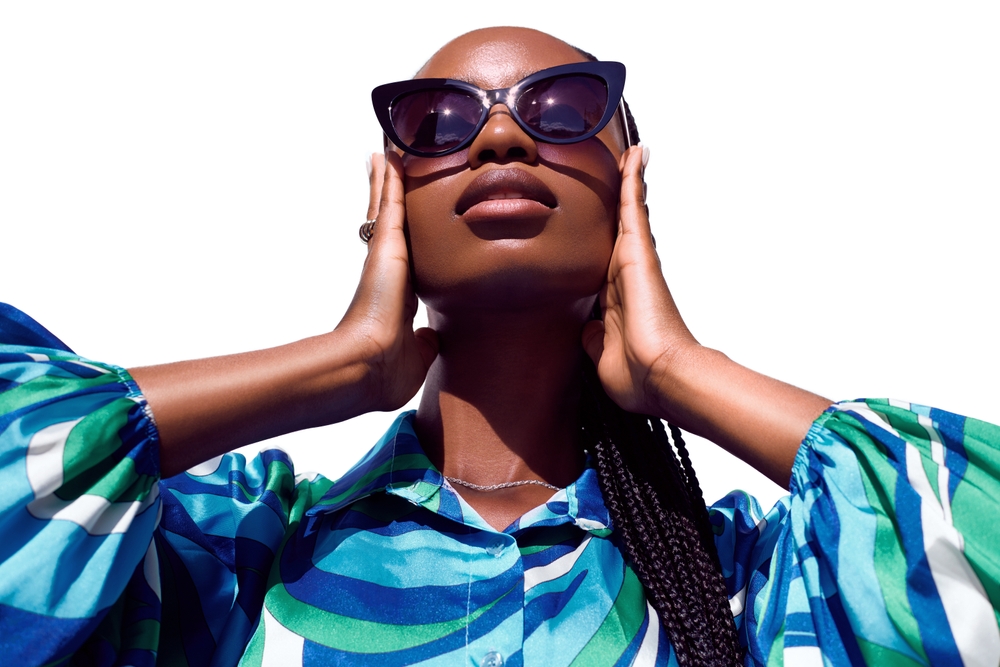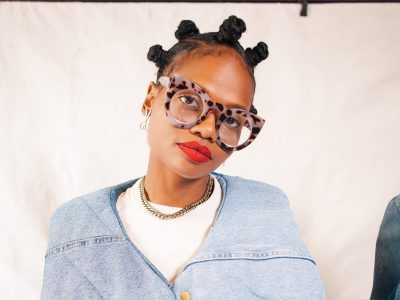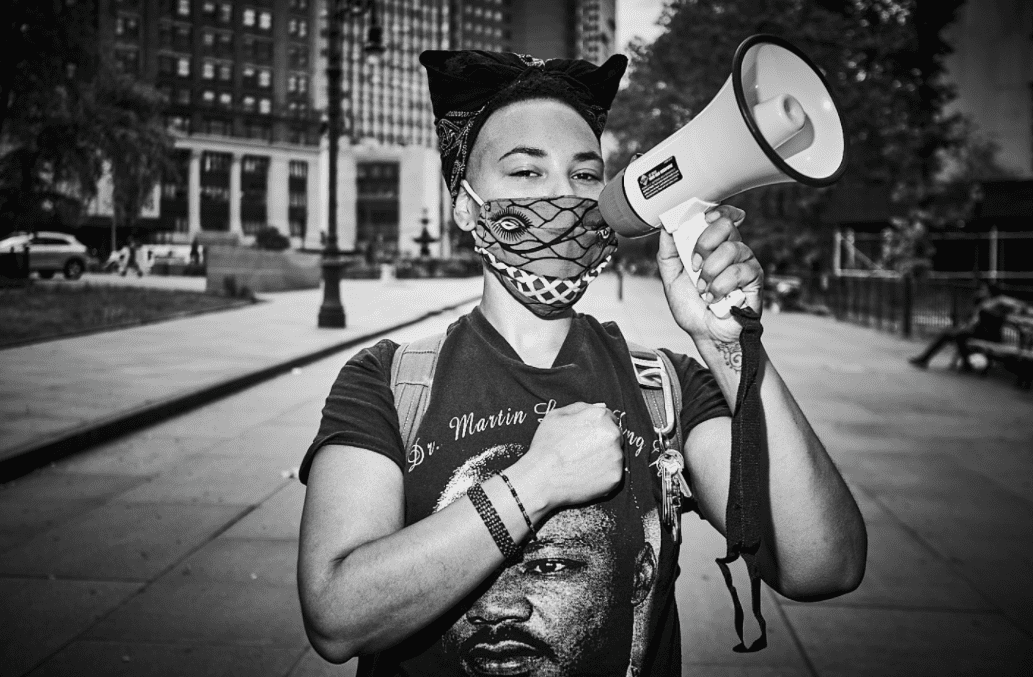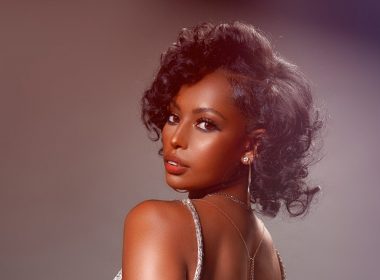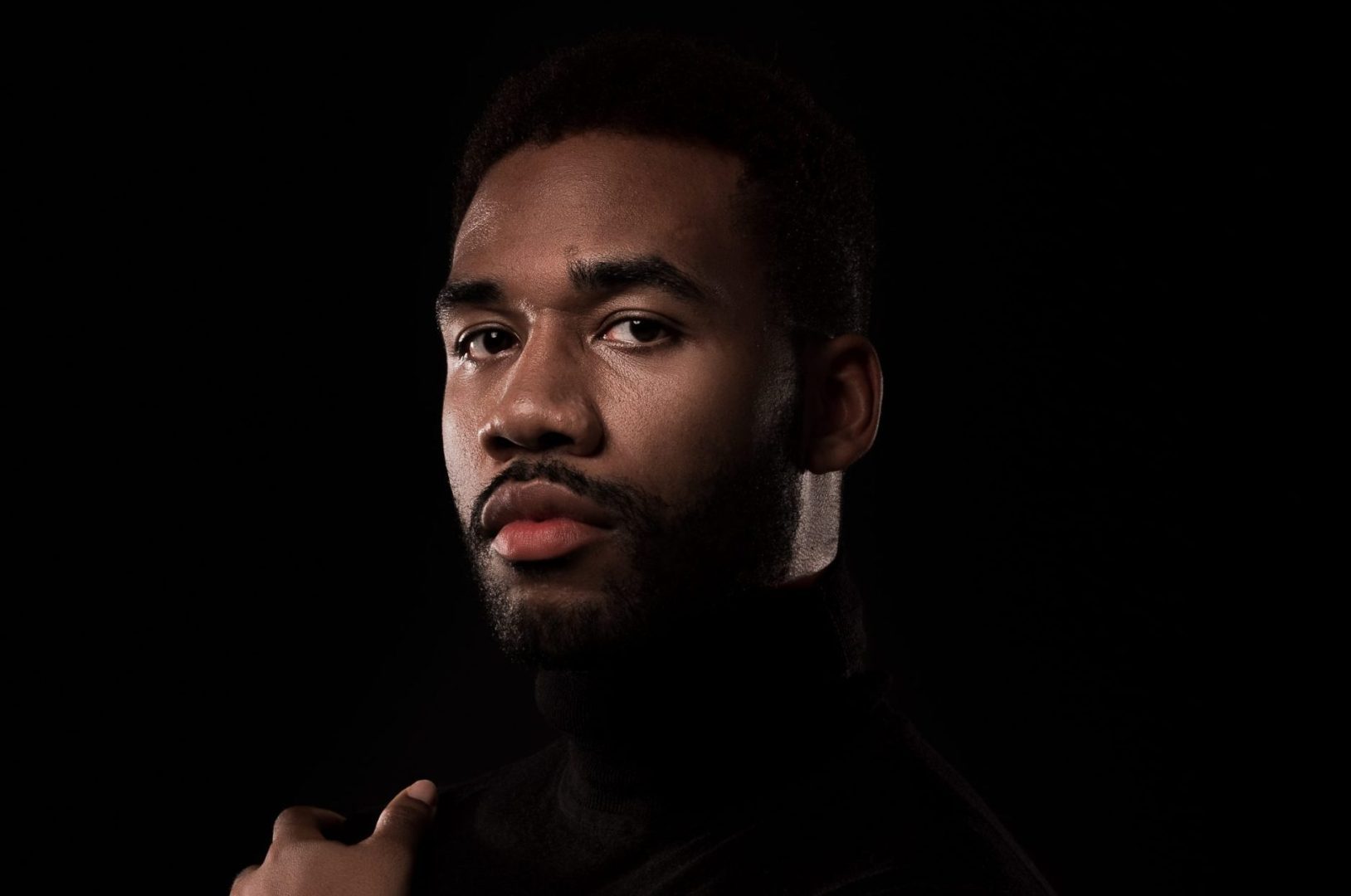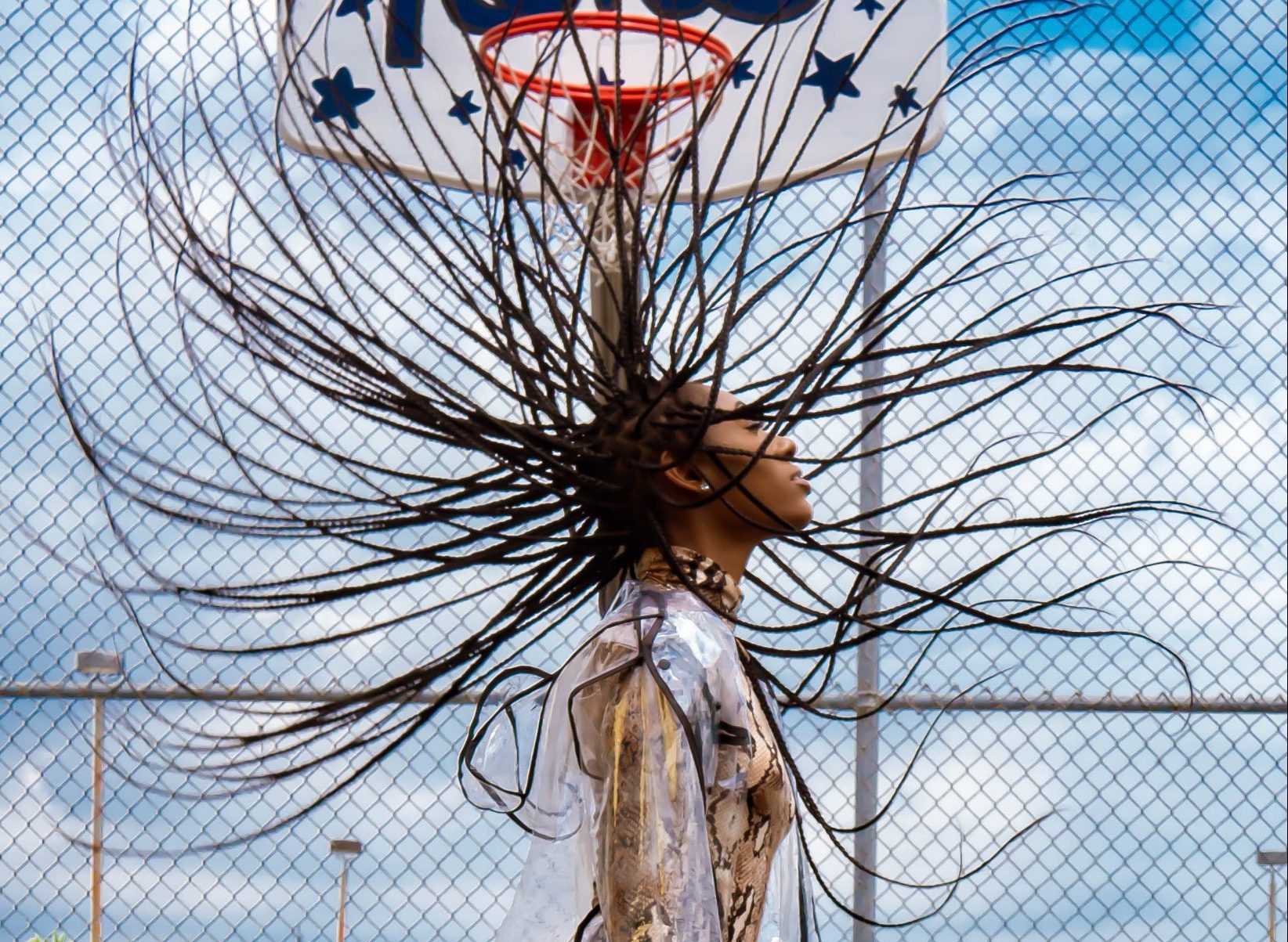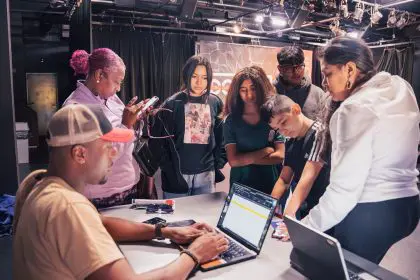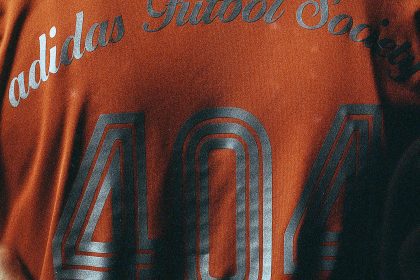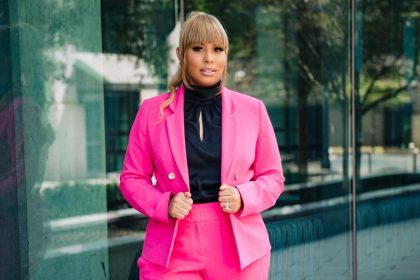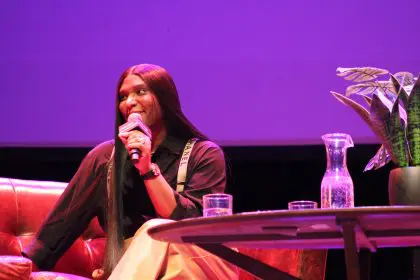The intersection of Black pop culture and luxury brands marks a significant shift in high-end industries. What began as subtle inspiration has evolved into a powerful force reshaping how luxury brands approach design, marketing, and cultural engagement. This transformation reflects broader changes in consumer values and the growing recognition of Black culture’s influence on global trends.
Streetwear’s luxury evolution
Black culture’s impact on luxury fashion emerged prominently through streetwear’s rise to high fashion status. This transformation challenged traditional luxury paradigms, bringing urban authenticity to exclusive brands. Virgil Abloh’s appointment as Louis Vuitton’s artistic director marked a pivotal moment, legitimizing streetwear’s place in luxury fashion.
The integration runs deeper than aesthetic choices. Luxury houses now embrace streetwear’s drop model, limited editions, and collaboration culture – practices deeply rooted in Black urban fashion. These strategies create buzz and exclusivity while maintaining cultural authenticity. Major brands increasingly seek partnerships with Black artists and designers, recognizing their crucial role in contemporary fashion’s evolution.
Music’s cultural influence
Black musicians have revolutionized luxury brand engagement through unprecedented collaborations and partnerships. Beyond traditional ambassador roles, artists like Rihanna and Jay-Z have become powerful forces in luxury brand development. Rihanna’s Fenty partnership with LVMH particularly demonstrates this shift, marking the first time the luxury conglomerate launched a new brand with a Black woman.
These collaborations extend beyond simple endorsements. Artists bring authentic cultural perspectives that reshape brand identities. Their influence affects everything from product design to marketing strategies, helping luxury brands connect with younger, more diverse audiences. This cultural fusion creates new luxury narratives that resonate globally while maintaining authenticity.
Digital culture transformation
Social media platforms have amplified Black pop culture’s influence on luxury brands. Black influencers and content creators shape trends that quickly become global phenomena. Their impact extends beyond fashion choices to influence brand values and communication strategies.
Luxury brands increasingly recognize the importance of authentic engagement with Black digital culture. This shift manifests through:
- Collaborative content creation
- Cultural narrative development
- Authentic representation in campaigns
- Community engagement initiatives
- Platform-specific storytelling
- Enhanced digital presence
- Interactive brand experiences
- Cultural education efforts
Social consciousness evolution
Recent social justice movements have pushed luxury brands to embrace deeper cultural engagement. Brands now actively address representation, inclusion, and equity issues. This shift goes beyond surface-level changes to include:
Structural changes within organizations:
- Diversity in leadership positions
- Inclusive design processes
- Cultural competency training
- Enhanced supplier diversity
- Community investment programs
- Sustainable practices
- Ethical production standards
- Transparent communication
Beauty industry transformation
Black pop culture has fundamentally altered beauty industry standards. Fenty Beauty’s launch with 40 foundation shades set new expectations for inclusion. This influence extends beyond product ranges to affect:
Industry-wide changes:
- Expanded shade ranges
- Diverse representation
- Inclusive marketing
- Product development
- Cultural sensitivity
- Natural hair acceptance
- Skincare innovation
- Marketing authenticity
Celebrity influence dynamics
Black celebrities have redefined luxury brand relationships. Their involvement now encompasses:
- Creative direction roles
- Product development input
- Marketing strategy influence
- Cultural consultation
- Brand narrative development
- Community engagement
- Social impact initiatives
- Global representation
This deeper engagement helps luxury brands maintain relevance while building authentic connections with diverse consumer bases.
Market evolution impact
The rise of Black-owned luxury brands has introduced new perspectives on exclusivity and accessibility. Brands like Telfar demonstrate how luxury can be both exclusive and inclusive, challenging traditional market assumptions. This influence manifests through:
- Innovation in pricing strategies
- New distribution models
- Enhanced accessibility
- Community-focused marketing
- Sustainable practices
- Cultural storytelling
- Design innovation
- Brand authenticity
Future implications
Looking ahead, Black pop culture’s influence on luxury brands continues to grow stronger. This ongoing transformation suggests:
- Deeper cultural integration
- Enhanced representation
- Innovative collaborations
- Sustainable practices
- Digital evolution
- Community engagement
- Global perspective
- Market democratization
The future of luxury increasingly depends on authentic cultural engagement and representation. Brands that embrace this evolution position themselves for long-term success in an increasingly diverse global market.
Industry transformation
The impact of Black pop culture on luxury brands represents a fundamental shift in how these brands operate, communicate, and evolve. This transformation affects:
- Product development
- Marketing strategies
- Brand positioning
- Corporate culture
- Community engagement
- Global perspectives
- Industry standards
- Future innovation
Success in luxury now requires authentic cultural engagement and representation at all levels. Brands that embrace this evolution position themselves for sustained relevance in an increasingly diverse global market.
This story was created using AI technology.

